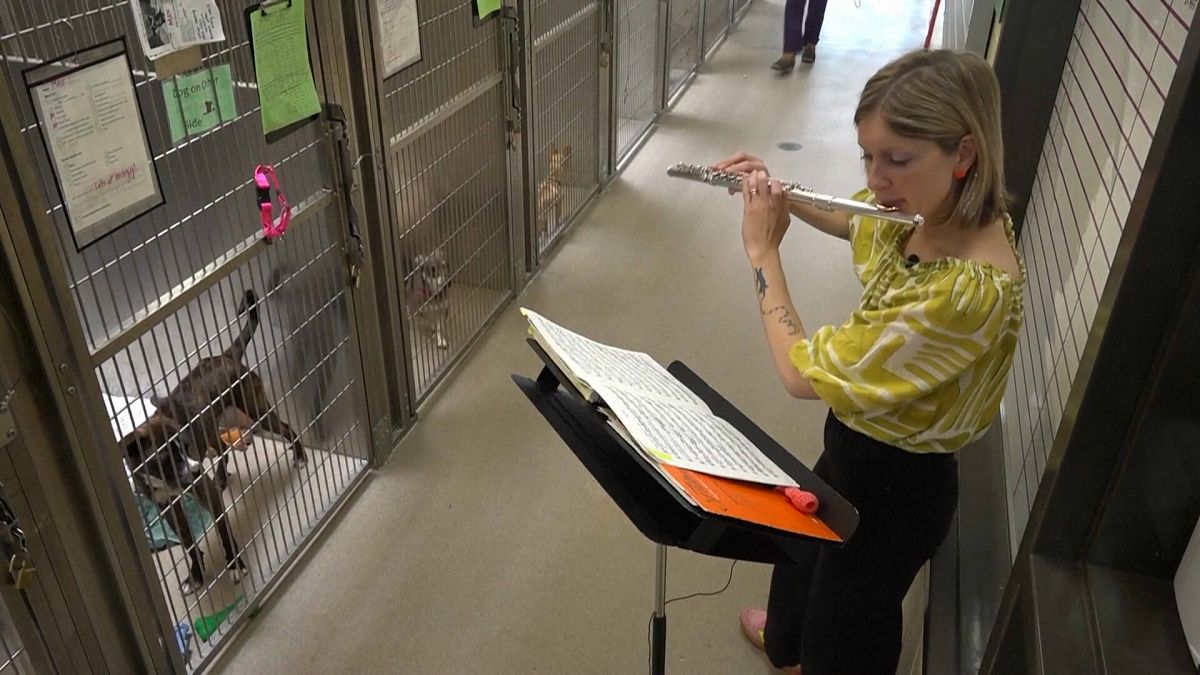

In a world that often feels hurried and stressful, initiatives that promote peace and well-being are like refreshing oases. Across the United States, animal shelters are embracing an innovative approach to soothing anxious animals by introducing live music sessions. This unique initiative, named Wild Tunes, enlists the talents of over 100 volunteers who play calming melodies in nine shelters. The primary aim is to reduce stress levels in these animals, with early observations indicating a positive response. Such musical interventions not only benefit the pets but also fill the environment with a serene calmness, enhancing the overall atmosphere of these shelters.
The challenges of delivering calm in unpredictable conditions extend beyond animal shelters. Globally, the health landscape presents its hurdles. A recent report highlights a significant gap in routine vaccinations, with approximately 15.7 million children worldwide not having received necessary immunizations by 2023. This statistic underscores the pressing need for comprehensive public health strategies to address the barriers preventing access to vaccines. Potential hurdles such as logistical challenges, misinformation, and access disparities need careful navigation to ensure every child receives essential health protections. Efforts to tackle these barriers are ongoing, aiming to bridge the gaps and secure a healthy future for the youngest populations.
Similarly, the human psyche has been grappling with its own set of trials, exacerbated by existential stresses like climate change. The growing phenomenon of climate anxiety is being met with a proactive approach by climate psychologists and educators. Encouragingly, experts suggest that distress can be transformed into motivation for action, advocating for community involvement and personal mindfulness as potent tools to build resilience. For individuals feeling overwhelmed by environmental concerns, these strategies offer a path to not only manage anxiety but also engage in meaningful, positive change.
The intersection of health, both physical and mental, is further highlighted in recent findings concerning autoimmune conditions. Research suggests a link between such conditions and a heightened risk of depression and anxiety, likely due to the chronic inflammation inherent in autoimmune disorders. Understanding this connection opens up promising avenues for comprehensive care that addresses both the physical symptoms and the associated mental health challenges. Integrative care approaches are therefore essential in supporting individuals with autoimmune conditions, fostering holistic well-being.
As these diverse stories converge, a common thread emerges: the importance of nurturing environments—be it through music, attentive healthcare, or psychological resilience strategies. In moments of uncertainty and change, finding ways to promote calm and health stands out as both innovative and essential. By fostering environments that prioritize peacefulness and well-being, we cultivate spaces where growth and healing can naturally unfold.
Source: {link}
